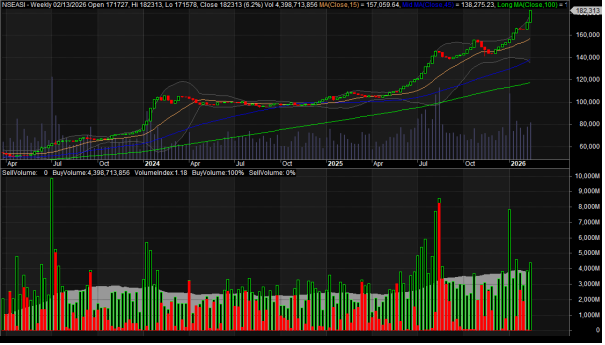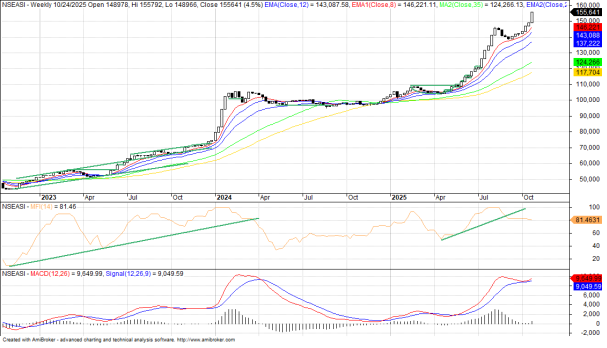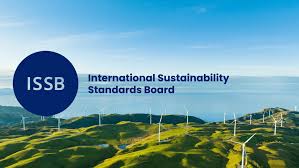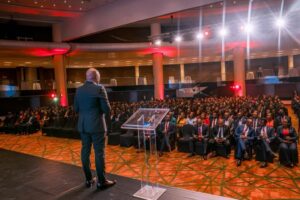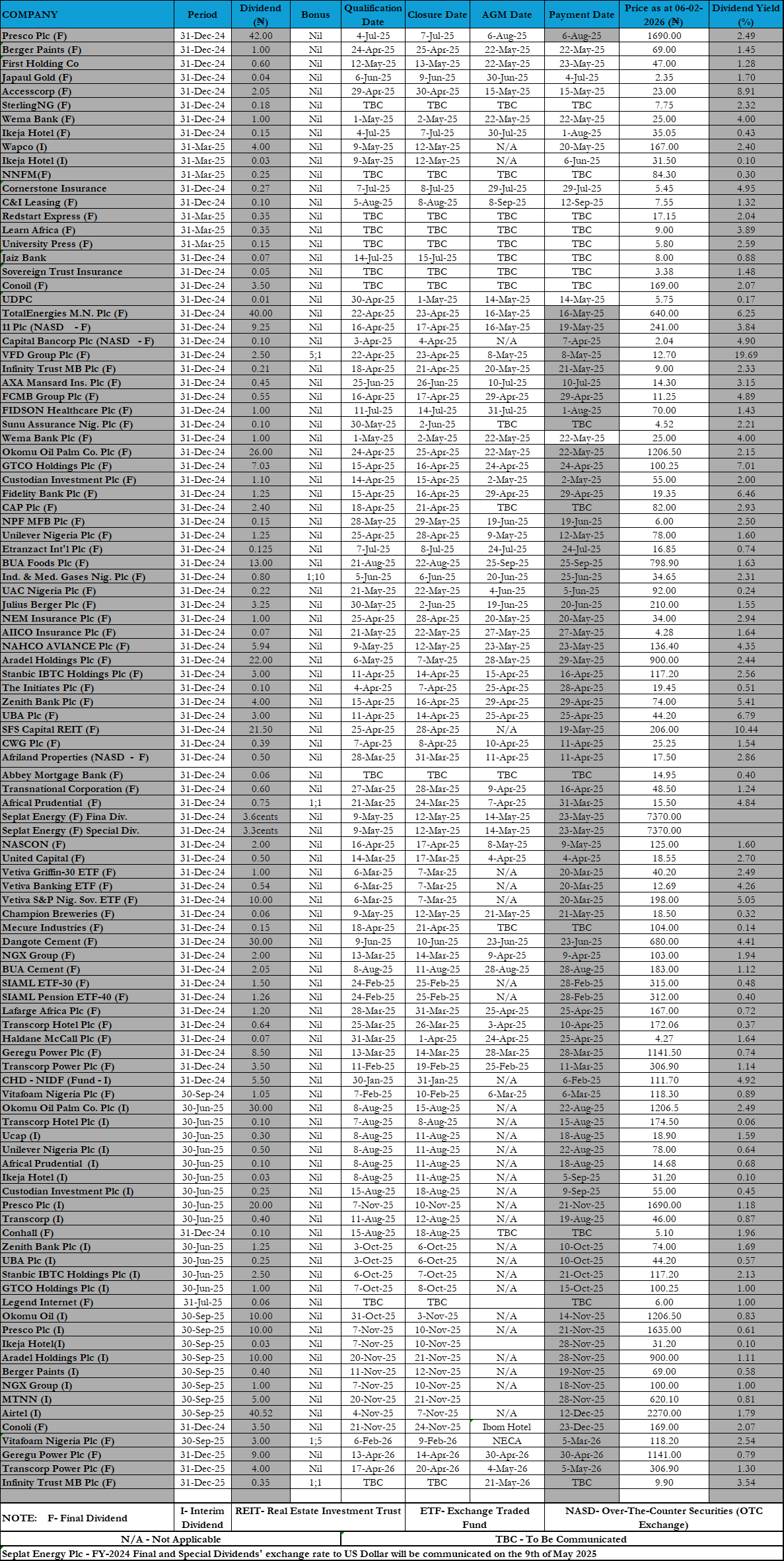
The Federal Government on Monday said it has finalized the concession agreements, including the technical evaluations on the Onitsha Port that has been done and is now going to the Attorney-General’s office.
Addressing participants at the 7th Presidential Quarterly Business Forum at the State House Banquet Hall, Abuja on Monday, March 19, 2018, Vice President Yemi Osinbajo, expressed hope that this would be sorted out very shortly.
He said technical evaluation on the Warri Port is going on and has not been concluded, assuring that it should progress very quickly.
Speaking earlier on what has been happening to the railways and the prospect of evacuating goods from the ports, the Vice President: “Two things (are) happening; first, I’m sure some are already familiar with the concession given to General Electric, to refurbish the Narrow Gauge Lines, which starts from the Ports itself.
“That concession is already in place, and we expect that things should begin to happen very quickly. Also in the private sector, one of the members of that consortium – APM Terminal, is going to do something on a railway station on the way to Ibadan and trying to develop an inland port there. They say they can do this in 10 weeks and we hope that means a further reduction in the pressure on the Apapa port,” he added.
Added to this, Osinbajo continued, “the Standard Gauge Line which is funded by the China EximBank has already started and taking off from the Apapa port. We expect that by the end of this year, we should see significant progress between the Lagos-Ibadan end of that Standard Gauge Line. As a matter of fact, our target is to have that bit of it concluded by the end of this year and we hope we can achieve that. So that would move goods from the Apapa port out of Lagos to at least as far as Ibadan, before going to Kano which is the terminal point of the Standard Gauge Line.”
The partnership with the private sector, he assured, is fundamental, hence the establishment of various interactive platforms for collaboration, development and to think through policies, while the Competiveness Council joins in the policy implementation.
“I think this is the way we ought and have to continue because when you consider the size of the Federal Government’s budget, and even when you total the aggregate States’ government budget, you find that the absolute amounts are very small indeed but once you factor in the private sector, that becomes the real economy of Nigeria and there is no way of talking about the economic development of Nigeria without the private sector seating at the table, playing a critical role.”


